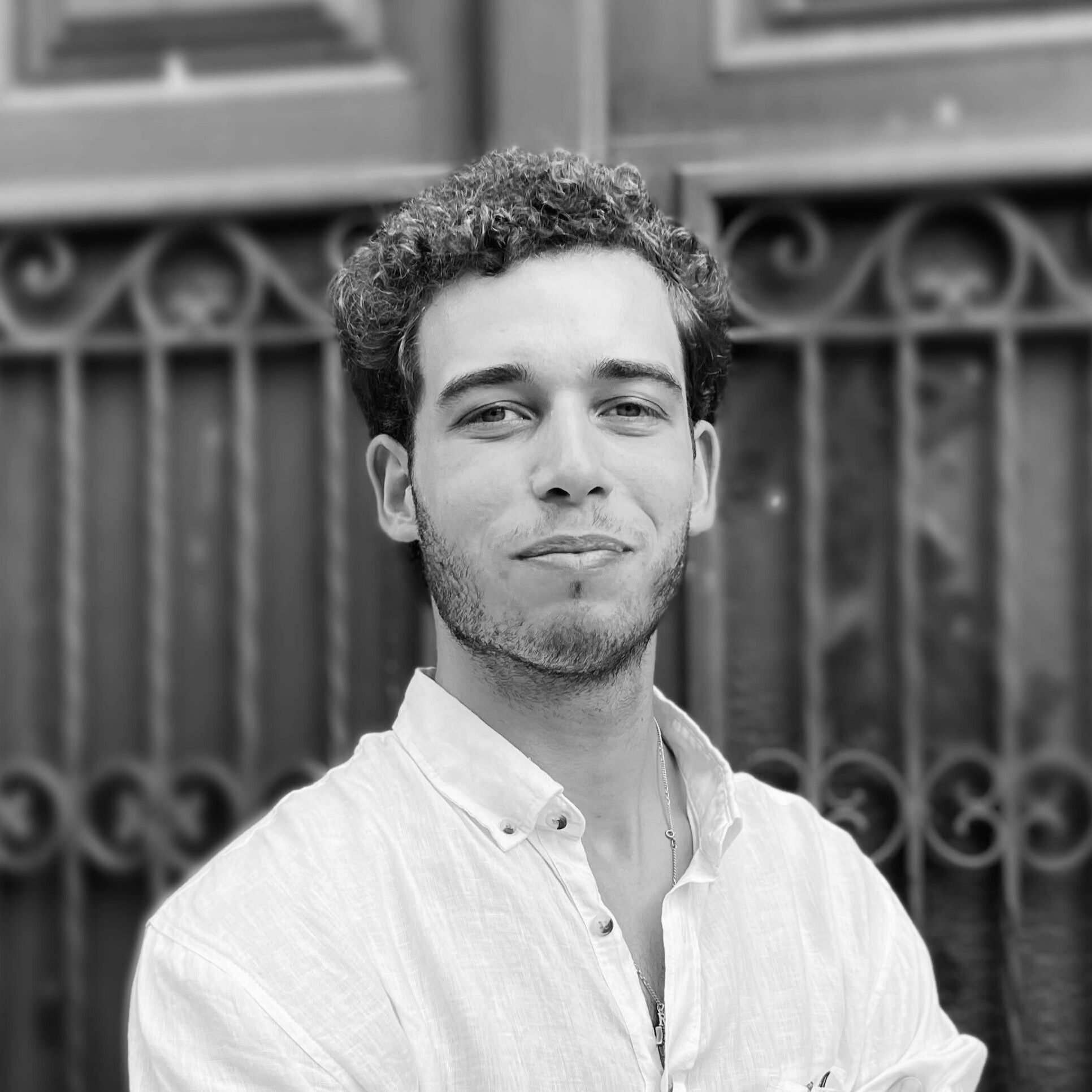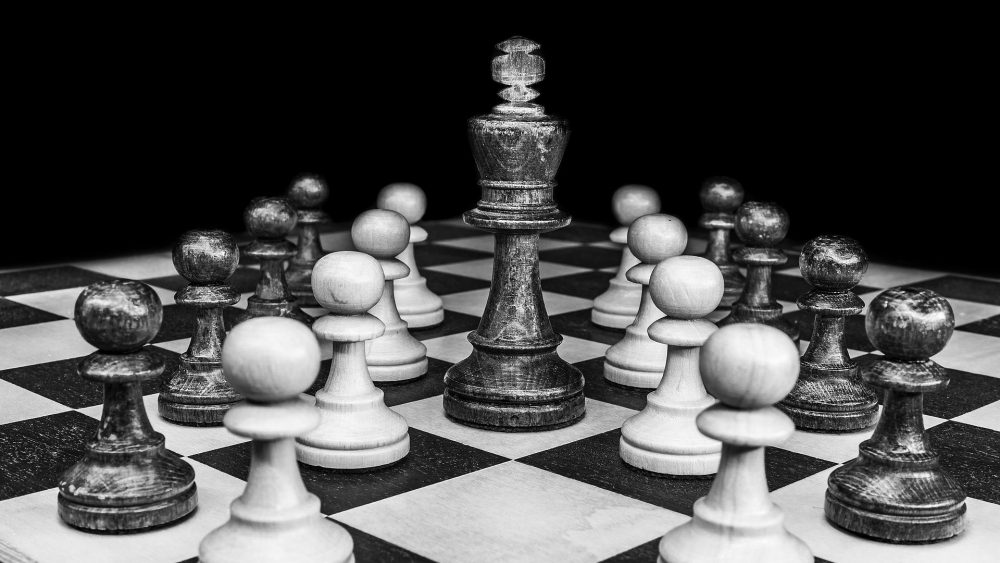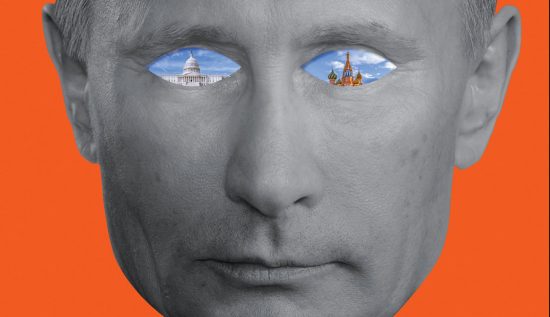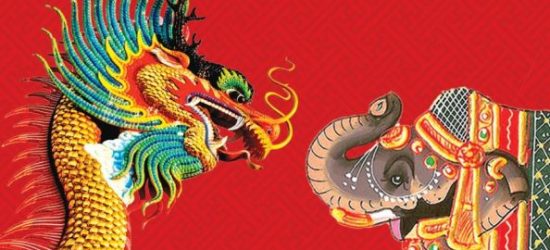Article I – Can Freud’s taboos fix a broken democracy?
“On Niuē, a coral island in the Pacific Ocean, monarchy actually came to an end because nobody was willing to undertake the responsible and dangerous office.”
Now substitute the word ‘monarchy’ for ‘democracy.’ Is this more familiar to you now?
Let me bring another example.
In ancient Japan, the body of the Emperor (tennō – 天皇, previously called mikado – 帝/御門), was so holy that, for example, (1) in order for him to not touch the ground with his feet he was carried around on men’s shoulders, (2) he could not cut off his hair, beard, or even his nails, so one of his servants did it at night while he was asleep, or (3) he was obliged to sit on his throne for hours every morning, without moving his head, eyes, or feet, as a symbol of the Empire’s peace and tranquility. If he turned to one side or the other, it was thought that something bad would happen to the part of the empire to which he had turned.
These two examples, mentioned in one of Sigmund Freud’s masterpieces, “Totem and Taboo,” citing Adolf Bastian’s “The German Expedition on the Coast of Loango” and Engelbert Kaempfer’s “The History of Japan,” with the objective of contextualizing the origins of what he understood to be the ancient taboos related to the ruler’s sacred nature, I believe there is more we can extract from them.
When I read the passage for the first time just a few hours ago, what came directly to my mind was how different today’s ruling system is and how much we can learn from these ‘dictatorial’ and ‘unjust’ systems. Even though I’m thankful we don’t live in a society ruled by a holy emperor or a savage monarch, we do live in a very fragile and taken-by-granted system: democracy. A democracy, far from the Greek δῆμος (démos – people) κράτος (krátos – power) (the power on the people), where only the freemen had the right to choose their leader, is put into practice when a country or region’s majority’s interests are represented by a person or a group of people, what we call a political party, committed to putting them into practice with the intention of improving the quality of everyone’s lives, including those who did not, in this case, vote for them. I think is important to highlight a word that may have been read lightly, probably assumed by all when talking about a politician: committed, devoted to putting those interests in front of his/her own’s.
To the question I posed at the beginning if substituting the word ‘democracy’ for ‘monarchy’ makes it sound more familiar, my answer is a clear and resounding ‘no’ for one reason: we live in a cracked, almost broken democracy, especially here in Spain. Some will say that Spain has never enjoyed such a good democratic system like today’s, based on the fact that we now have many political parties that can encompass all the interests and ideologies of the citizens. Partially agreeing with the argument, I find it difficult, particularly when talking about politics, to relate ‘variety’ with ‘a better system’ based on an argument that may seem counterintuitive: many people, contrary to what happened with the Niuē monarchy, are willing to take the office charged with “responsibility and dangers.” How can this be? Simply because their priority is to be powerful, to be holy without having, as Freud would say, the taboos of being sacred: their ambition for power goes beyond the desire to represent those who put their names in the ballot box.
Like all my articles and posts, I don’t intend to have the final word, so comments, questions, and coffee invitations are more than welcome.





